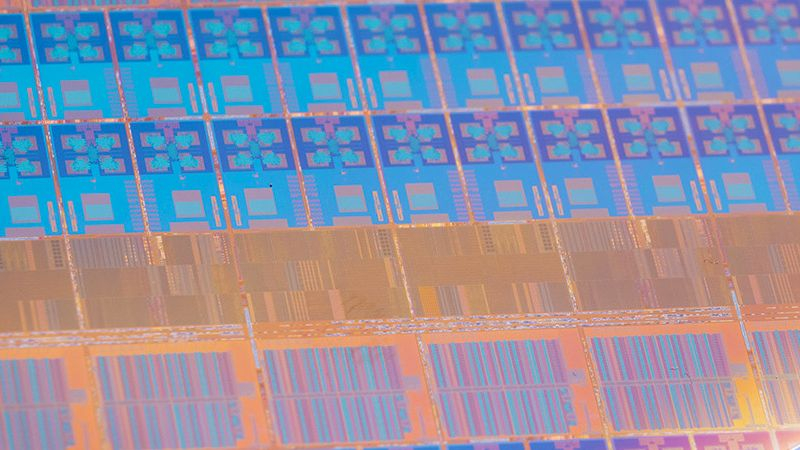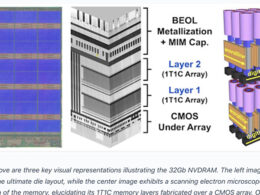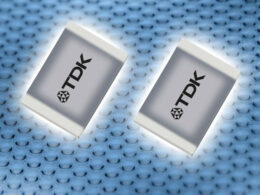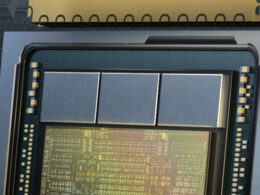Taiwan Semiconductor Manufacturing Company (TSMC) has expressed skepticism over Intel’s ambition to dominate the semiconductor industry by 2025. TSMC executives reminded that, by the time Intel masters 18A technology by 2025, TSMC would have been mass-producing a wide range of products using its N3P technology, offering comparable potential, for over two years.
In October, TSMC’s CEO and future Chairman, C.C. Wei, compared the two manufacturing processes, stating that TSMC’s N3P technology was on par with Intel’s 18A. The parameters under comparison were performance, power consumption, and transistor density. Wei reaffirmed his previous statement during a recent financial report conference when analysts requested an updated evaluation of the semiconductor market landscape.
Wei also remarked on the maturity of their technology, claiming it a significant advantage in terms of market coverage. By 2025, Intel is projected to start mass-producing chips under 18A technology, during which TSMC would have been manufacturing a wide range of N3P products for various clients—ranging from server chips to smartphone components—for over two years.
Further, TSMC Chairman, Mark Liu, differentiated between the strategies of vertical integrated manufacturers, such as Intel, and foundries, like TSMC. Vertical integrated manufacturers optimize new processes mainly for their products. In contrast, as a foundry, “we optimize the technology for our customers’ products. That’s the fundamental difference,” says Liu. TSMC’s CEO adds, “We intend to keep our technology leadership, and we’ll have a broader customer base—practically everyone will use our services.” Even Intel is not an exception and therefore, TSMC chose not to elaborate excessively on the topic of competition with Intel.





